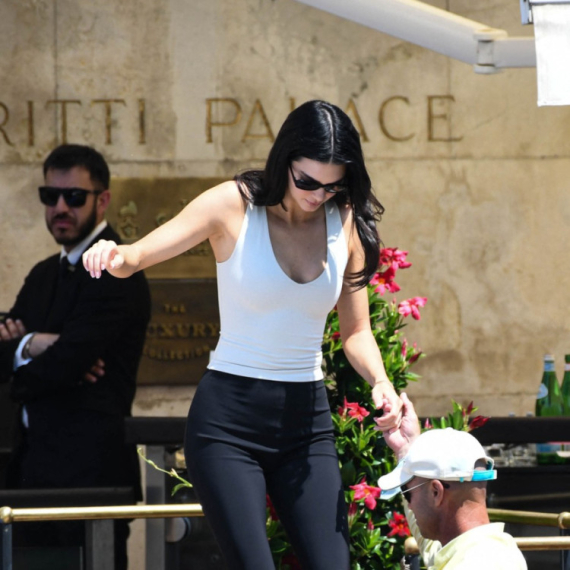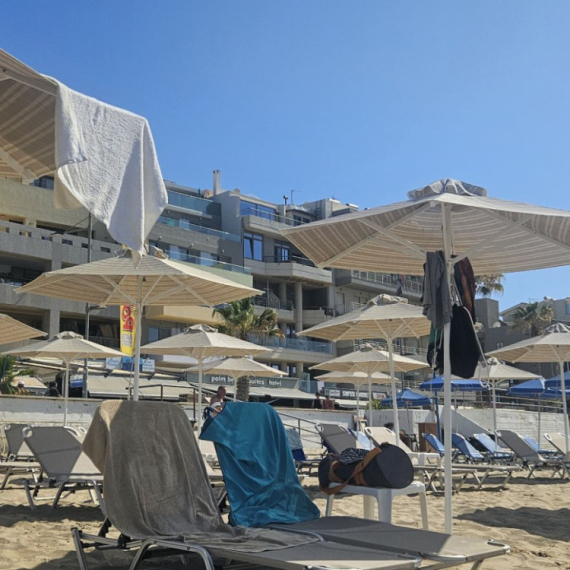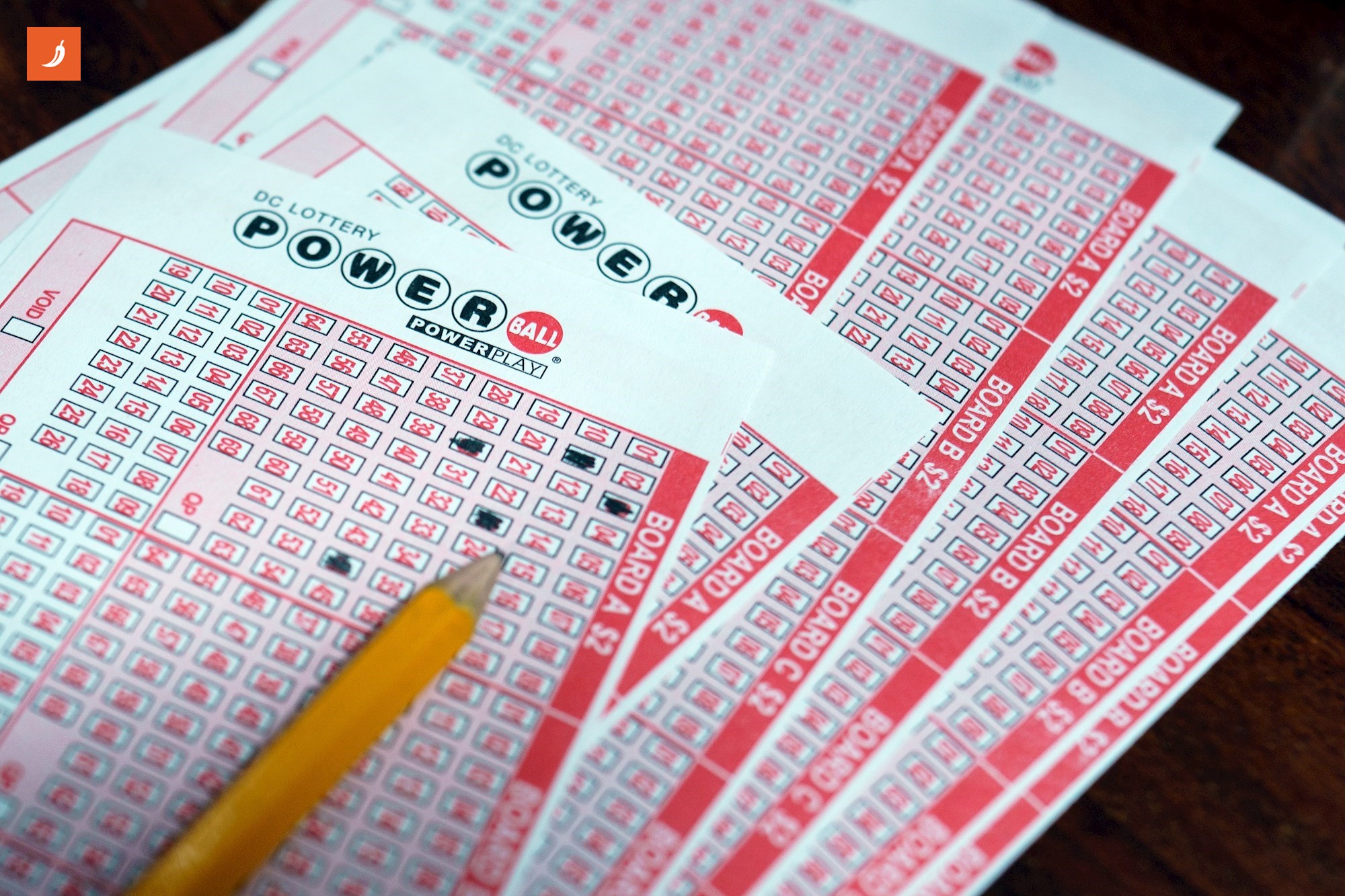Prime Minister Đuro Macut: Serbia’s Invisible Leader or Just a Puppet?
Have you noticed that Serbia’s Prime Minister Đuro Macut is almost nowhere to be seen in public? It’s not some secret mission or a vacation on a tropical island. He is literally sidelined, invisible, and almost silent, while all the real power in Serbia revolves around one man – Aleksandar Vučić.
The Silent Prime Minister in a Country on Fire
It’s been four months since Đuro Macut was appointed Prime Minister, and he still keeps his promise not to give interviews. He doesn’t appear on TV, doesn’t attend important events, and when he does speak, it’s usually in short statements that sound like they were written by a robot. While student protests erupted, villages burned, and people demanded answers, Macut stayed in the shadows, while President Vučić personally visited the affected areas.
Marginalization of the Highest State Office
Is this accidental invisibility or deliberate sidelining? Political insiders say Macut was appointed as a figurehead to buy time, to be an “anesthetic” for social unrest, without real power or influence. His role is to be a quiet prime minister, without charisma or his own voice, while Vučić holds all the levers of power in his hands.
Vučić’s System and the Puppet Prime Minister
In Serbia, power is so centralized that the prime minister has almost no authority as prescribed by the Constitution. All decisions are made by Vučić, and Macut is just playing the role of prime minister. Even if he wanted to act, the system does not allow him to cast a shadow on the “supreme leader.” This is a modern version of medieval despotism, where one man is the absolute ruler, and everyone else is just a servant.
What Does This Mean for Serbia?
Such concentration of power and marginalization of the prime minister lead to serious problems. The government as an institution loses its meaning, and citizens are left without real representatives. While protests are suppressed by force and problems pile up, Macut remains invisible, and the country increasingly resembles an autocracy.
Is It Time for Change?
As Serbia struggles with internal crises, the question is whether anyone in the system will have the courage to change this model of governance. Will the prime minister ever get a chance to truly lead the country, or will he forever remain just a shadow in Vučić’s regime?
If you have your own take on this “invisible” government or if this is old news to you, drop a comment below. Maybe together we’ll figure out who really runs Serbia!





























































